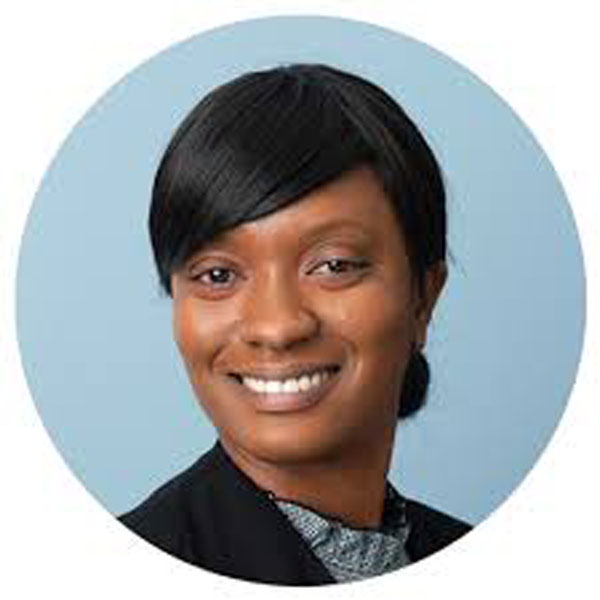By Carlena Knight
The screening of newborns for sickle cell disease, set to begin at Mount St John’s Medical Centre (MSJMC) on September 1, will be free of charge to parents.
This was revealed by Head of MSJMC’s) Paediatric Department Dr Shivon Belle-Jarvis.
Dr Belle-Jarvis was speaking on Observer AM on Wednesday, when she thanked two sponsors –American University of Antigua (AUA) for covering the cost of the test — and the Caribbean Network of Researchers on Sickle Cell Disease and Thalassemia (CAREST) who will be facilitating the testing at a laboratory in Guadeloupe.
“We are very grateful to our sponsors because these samples will be sent overseas. [CAREST] will basically cover the cost of FedEx aspect of things and we are grateful to AUA as they will actually cover the cost of EC $16 per test. So, the good news is that parents will not have to pay anything for this screening programme. It will all be sponsored and ultimately, we hope that this will be a sustainable programme in Antigua and Barbuda,” Dr Belle-Jarvis said.
Once the baby is born, the placenta or afterbirth would be used for testing. Moreso, the umbilical cord itself would be used where a few drops of blood would be taken and applied to a card and sent overseas.
The screening will only be offered at the MSJMC, but Belle-Jarvis revealed that some time in the future the hope is to expand the programme to Barbuda and also to private medical facilities.
Meanwhile, with less than a week to go until the official launch of the newborn screening for sickle cell in Antigua, one local pioneer for sickle cell awareness is elated over the news.
Speaking to Observer yesterday, President of the Antigua and Barbuda Sickle Cell Association (ABSCA) Dr Edda Hadeed, , shared her excitement, since negotiations began back in 2013 for theproject.
“It is just a humongous deal. It’s really history because Antigua never had any newborn screening and this is the very first time. It’s going to benefit everybody. Remember the screening finds a sick child, so that child will get better care and earlier care. We won’t have to wait now until something happens and the child gets very ill. Now, we can manage this child’s health from the very beginning,” said Dr Hadeed, who is also a paediatrician, neonatologist.
Dr Belle-Jarvis shared similar sentiments on the importance of the screening being offered in Antigua as, according to her, most residents have no knowledge of their sickle cell status.
“Most times in our setting, unfortunately, we find out about a patient’s sickle cell status, either through the fact the mother is expecting and, by extension, if the mother shows traits once tested then the father is tested. Or, we go ahead and test the child because we know both parents have the trait or disease, or in days like these for premarital counselling some counsellors recommend getting testing. But unfortunately, the vast majority of our children will be diagnosed when they have a problem, after showing signs and symptoms of sickle cell disease, and we are saying that this too late,” Dr Belle-Jarvis said.
She added that the screening will also be a step in establishing a formal public registry on individuals’ sickle cell status.
Presently, the Antigua and Barbuda Sickle Cell Association (ABSCA), is in the process of starting a registry of their own.


